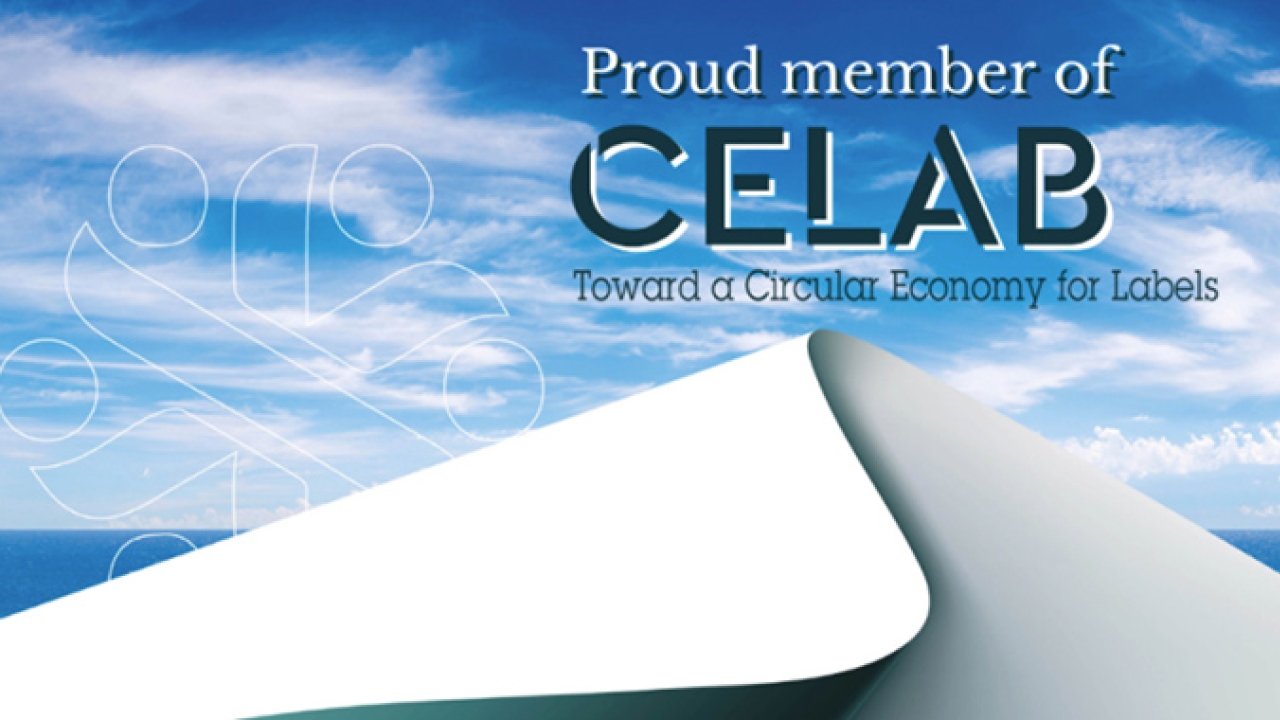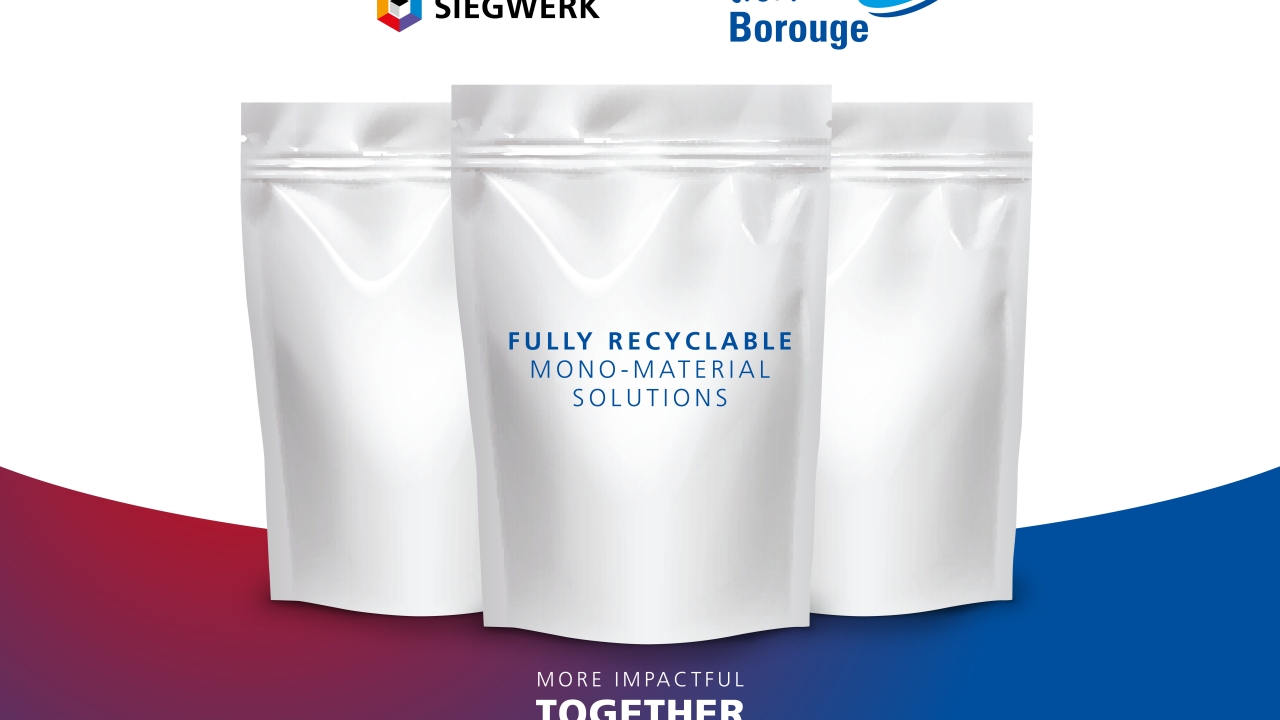Arconvert-Ritrama joins CELAB-Europe
Arconvert-Ritrama, part of Fedrigoni Group, has become one of the four founders and steering members of CELAB-Europe, a consortium dedicated to the implementation of a new circular economy business model for self-adhesive label materials in Europe.

Officially launched by Finat, the consortium will work to collectively identify and scale recycling and reuse technologies for the self-adhesive label liner and matrix materials. The initiative aims to develop a sustainable and circular business model for over 75 percent of the used liner and matrix materials in Europe by 2025.
To date, around 20 important players active in the value chain of labels in Europe, including producers of raw materials and label producers, have committed themselves to supporting the initiative, in a collective effort towards sustainability and better use of the resources at our disposal.
‘We are strongly oriented towards a sustainable business model that aims at extending the life cycle of products through the reuse, recycling and reconditioning of existing materials,’ said Fulvio Capussotti, executive vice president of Arconvert-Ritrama, part of Fedrigoni Group. ‘For this reason, we are making huge investments in this direction at a Group level and we have decided to create an active collaboration with the main players in the sector in order to arrive at a concrete and achievable solution as an industry as soon as possible.’
The participation of Arconvert-Ritrama in the CELAB-Europe consortium is part of a broader sustainability project, which sees the Fedrigoni Group engaged in a continuous improvement plan for more than 25 years, to support the environment through the development of internal policies aimed at improving production processes, supply chain, environmental impact and product innovation, without losing sight of respect for people.
A real long-term sustainability plan that in 2019 recorded a 46 percent reduction in water consumption and 13 percent thermal energy consumption (-9 percent of electric energy). Moreover, since 2014 all pulp used by the company has been FSC certified, from forests that are protected by international treaties guaranteeing their sustainability in environmental, social and economic terms.
Stay up to date
Subscribe to the free Label News newsletter and receive the latest content every week. We'll never share your email address.

